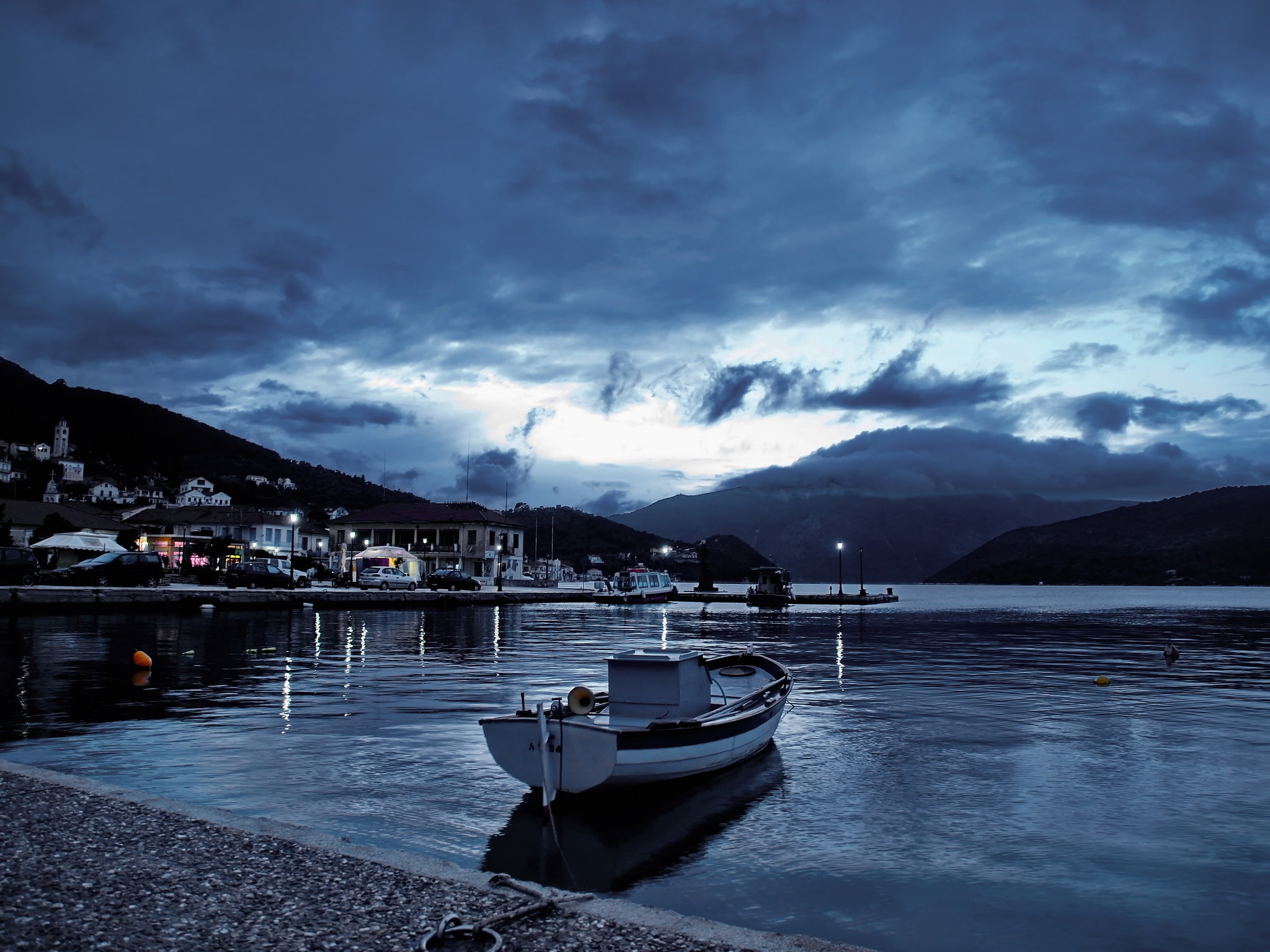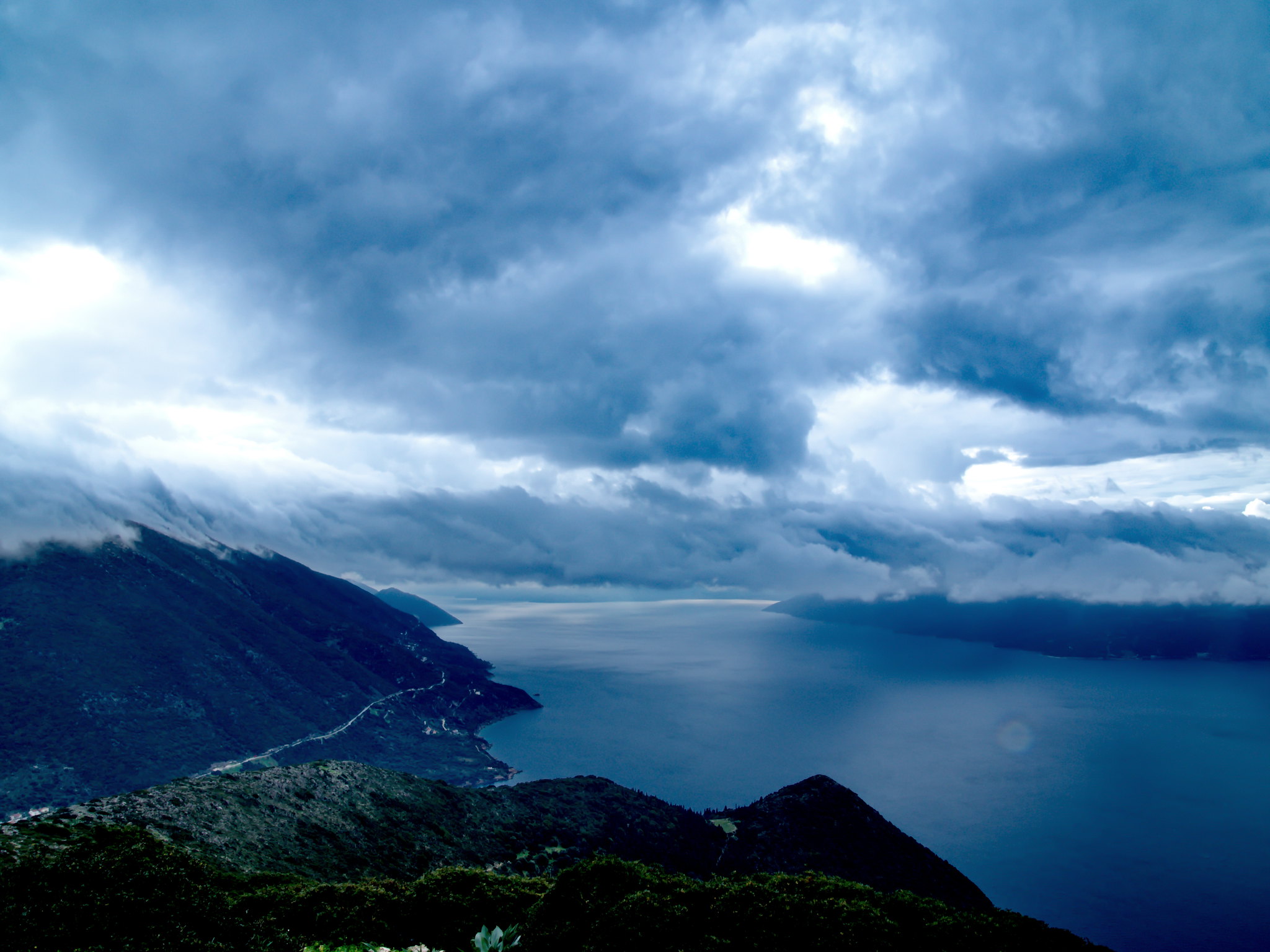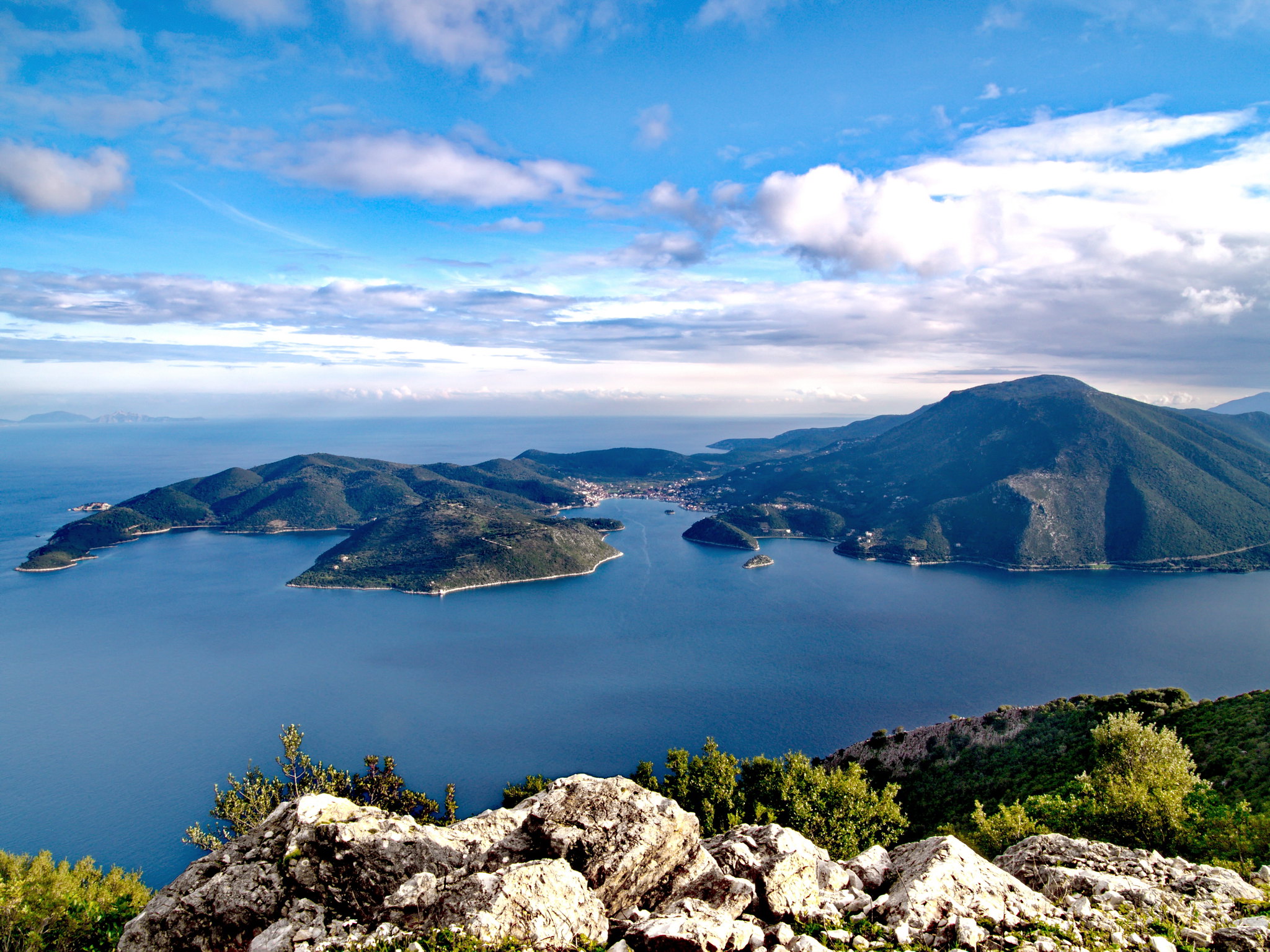10 Sites To Help You Become An Expert In Ithaca Greece Holidays
The Odyssey is a tale of Bronze Age Greece as seen from the eyes of the Dark Age author Homer. From historical sources we see the Bronze Age cities as clearly run by some sort of powerful hierarchy that can direct the efforts of its citizens and gather both taxes and resources, but what we see in the Odyssey is a collection of town chieftains forming a confederation of nobles. Regardless of the magnificence of their palaces, and their god-like accomplishments of heroism, in all ways they represent a gilded version of the Homeric chieftain who leads with the approval of the area in which he lives in an attempt to sustain and offer prosperity for his individuals.
Broadly specified the function of a king in Homeric society is to protect and provide for the people of his region. In addition to holding a substantial estate from which one can yield much animals and farming crop, this was a time where piracy was a normal event things to do in ithaca from which one may acquire great wealth and in turn would have to safeguard ones self and ones village against. Whenever a stranger appears in the Odyssey he is typically very first asked his parents names, from where he comes, and if he is a raider. For instance, when Telemachus gets here in Pylos he is asked this concern and takes no offense but answers it straight (Odyssey. P. 27 b. 3), and we also see Odysseus throughout his telling of his journey considering that Troy to the Phaecians and without hesitation he describes the sacking of a city simply for the reason of loot. This is the primary function of the Homeric king, though likewise he is to work as the administrative head of the neighborhood, fulfilling any obligations such involved in maintaining the public order.

Something that must ithaca in greece be understood about kings in the epic poems is that Homer is discussing kings of a different era where there existed large cities, multi-acre palaces, and actual kingdoms worthy of the name, while using the governmental and social structure of his own Dark Age, which mean that towns were the largest settlements, there were no palaces, and the most powerful male in Greece would just be another chieftain. Without a considerable population to draw on for material resources and labor it is just not possible to establish and support a palace run hierarchical federal government, and seriously limits the possible power one might have as a 'king'. A king may have the biggest plot of land, a somewhat bigger home, and more cattle, however without some sort of stockpiled resource wealth, and military power the king is left ruling by the authority of his people.
Hence, Homeric kings were not all powerful and we discover lots of examples of this in Homeric epics where we can see that a Homeric king is not able to command another male who is not his residential or commercial property. The only genuine bonds we see are those, which are created by family ties, and honor based relationships. In the Odyssey we see Agamemnon, who was viewed as a king of higher status than the rest, mention how tough it was to encourage Odysseus to come with him to Troy (Odyssey 296.24), and during the real battle at Troy we see Agamemnon act unreasonably towards Achilles at which point Achilles decides he will not take Agamemnon's orders any longer and declines to eliminate (Iliad 13-17.1).
The Homeric king is frequently the boy of the previous king, however does not follow a hereditary line by requirement. A child will inherit his fathers material resources which in itself gives him substantial influence and capability to mount attacks on other settlements and defend his own. In ancient Greece ones status was most easily judged by the amount of wealth one had, since wealth was gotten by being able to marshal the funds and support to stage raids and loot other towns, and will have the resources to defend his own town, and feed the warriors he utilizes for these actions.

In addition to this material wealth a kid also inherits the relationships and bonds of his daddy. These relationships insures him a support base of allies that might be willing to lend him resources must he attempt to gather a raid on another village, such as the attack on Troy which collects forces from all over Greece consisting of Nestor at Pylos, and Odysseus from Ithaca, or aid in the defense of his own holdings. Must a new king be discovered doing not have and incapable of sustaining and safeguarding his town, he will be replaced by another more fitting person. In the Odyssey Telemachus is to be the next king of Ithaca with the lack of his daddy and the suitors think that they will replace him instead till he proves his ability as a leader when he makes an exploration to Pylos and Sparta. By successfully completing this exploration he is thought well of by those of Ithaca, and with the inherited wealth of his daddy Odysseus, and the inherited relationships with Nestor of Pylos, Menelaus of Sparta, and numerous others in Ithaca ithaca greece (Odyssey 27.2, 39.4) he remains in a position to become and stay king. Without these connections, however, a ruler is seriously deteriorated for he has no assistance and decreased resources to meet his role. Most of the Odyssey is based upon Telemachus' inability to ward off the wicked suitors who are laying mess up to his estates, and undoubtedly to Ithaca itself, due to his lack of available supporting allies (Odyssey 42.4).
Even with the support of others a Homeric king is not the only voice of authority in a region. There is often a council of nobles and seniors, which the king may present ideas to and request for approval or help on, which they might refuse. When Telemachus assembles the council of Ithaca and provides his speech he is mainly yelled at and denied (Odyssey 15-20.2), while Alcinos, king of the Phaecians, makes on numerous events a demand of his nobles and seniors and they obey it immediately (Odyssey 159.13). Even amongst those who are not nobles a king must acquiesce to the voice of the numerous, such as we see by Odysseus when he prompts his males to stay on board the ship rather of producing land one night to cook and he acknowledges that he is one, and they are lots of, and he can not decline them (Odyssey 154.12).
